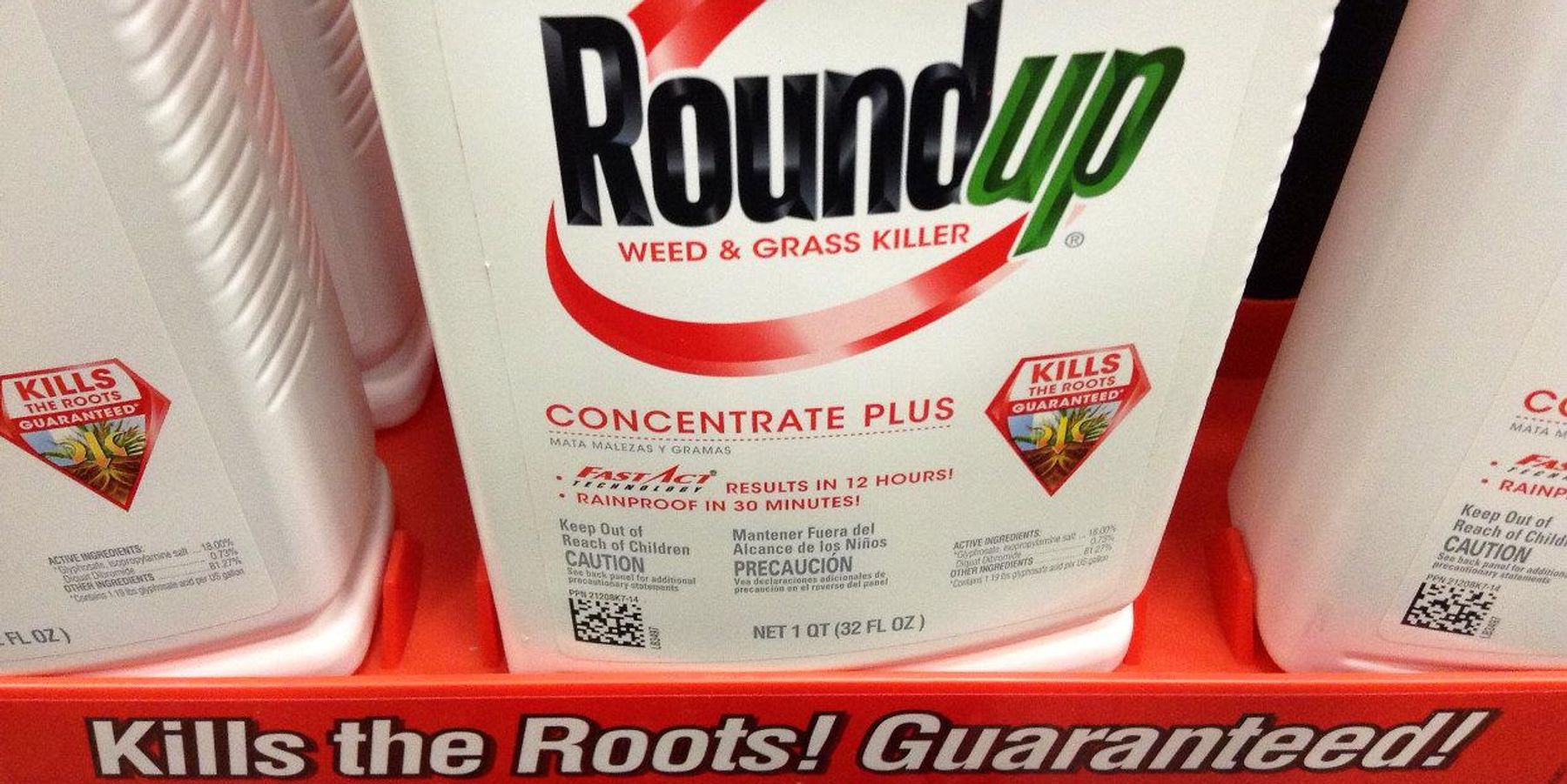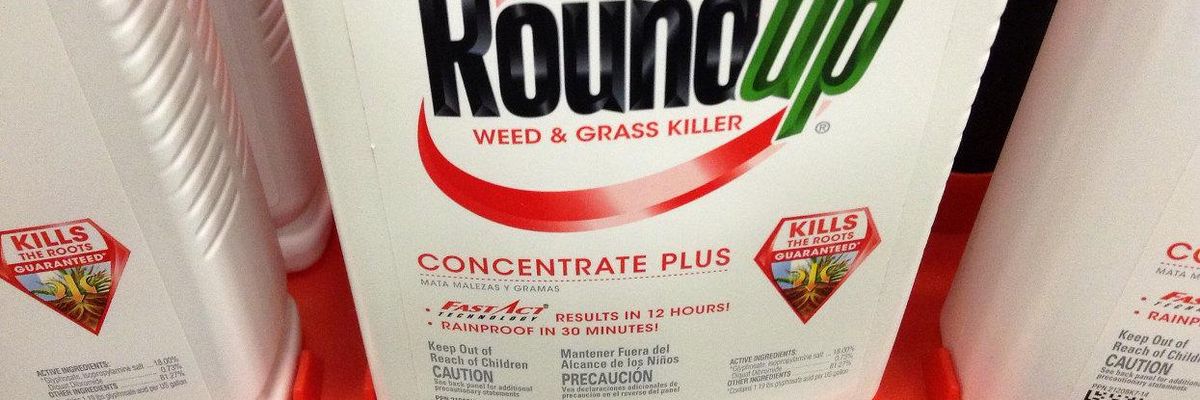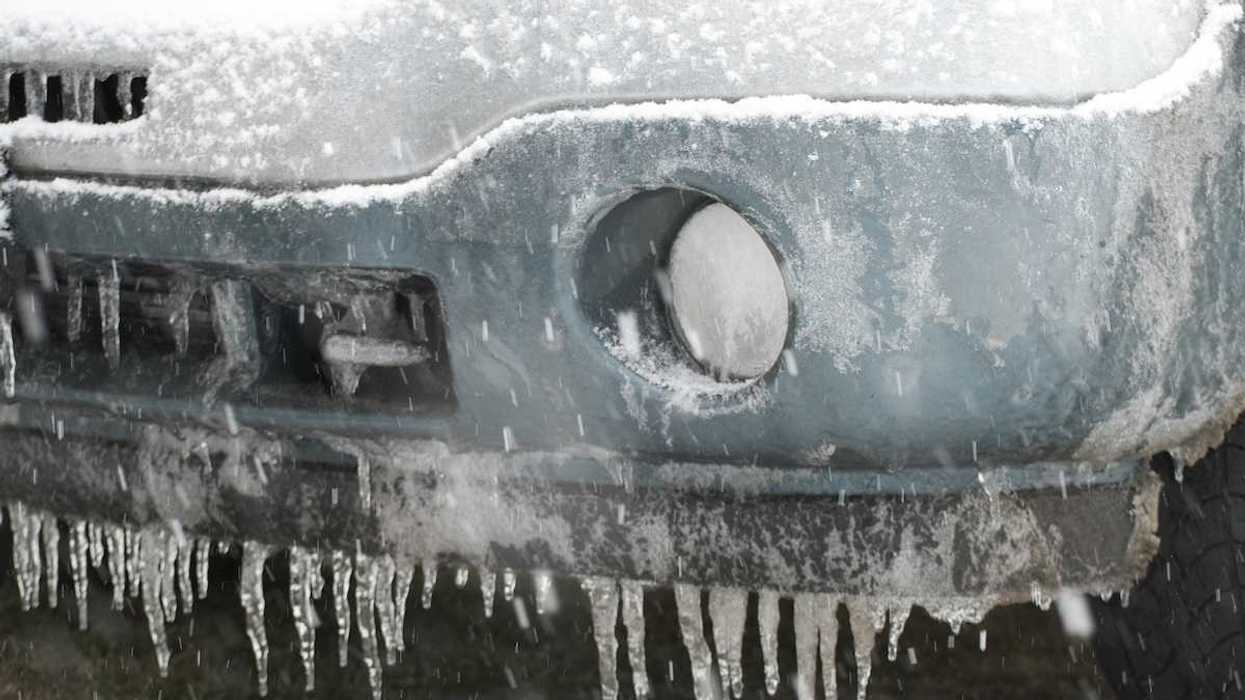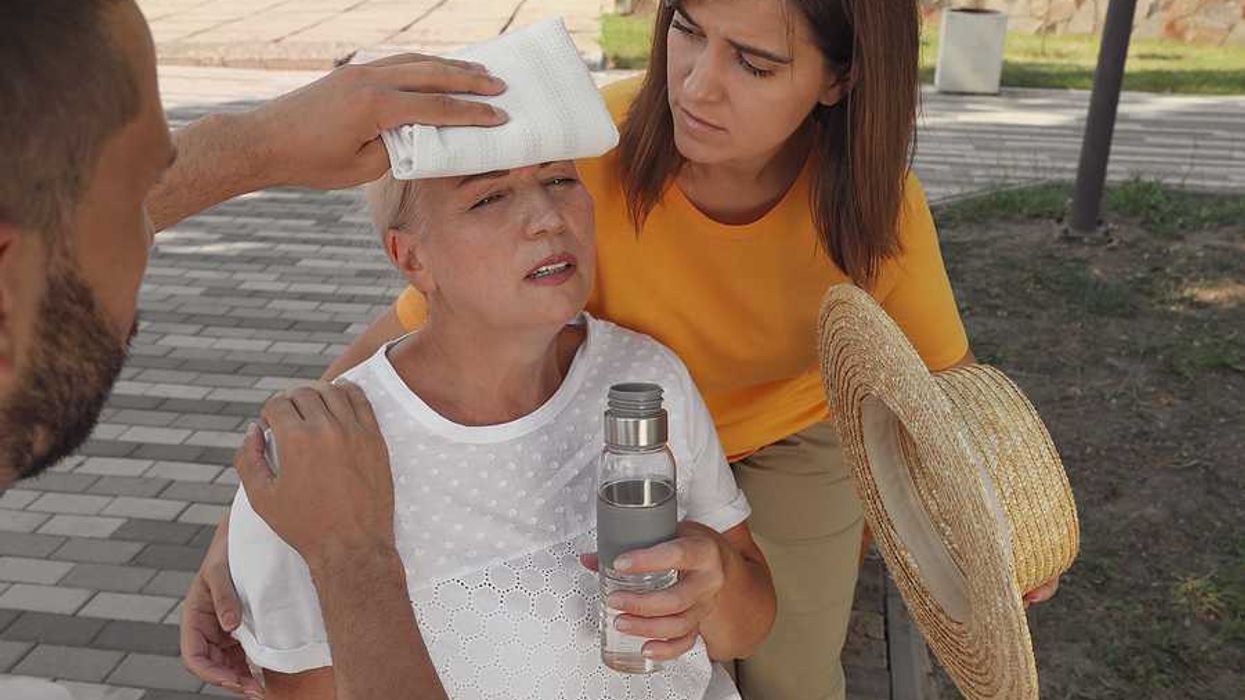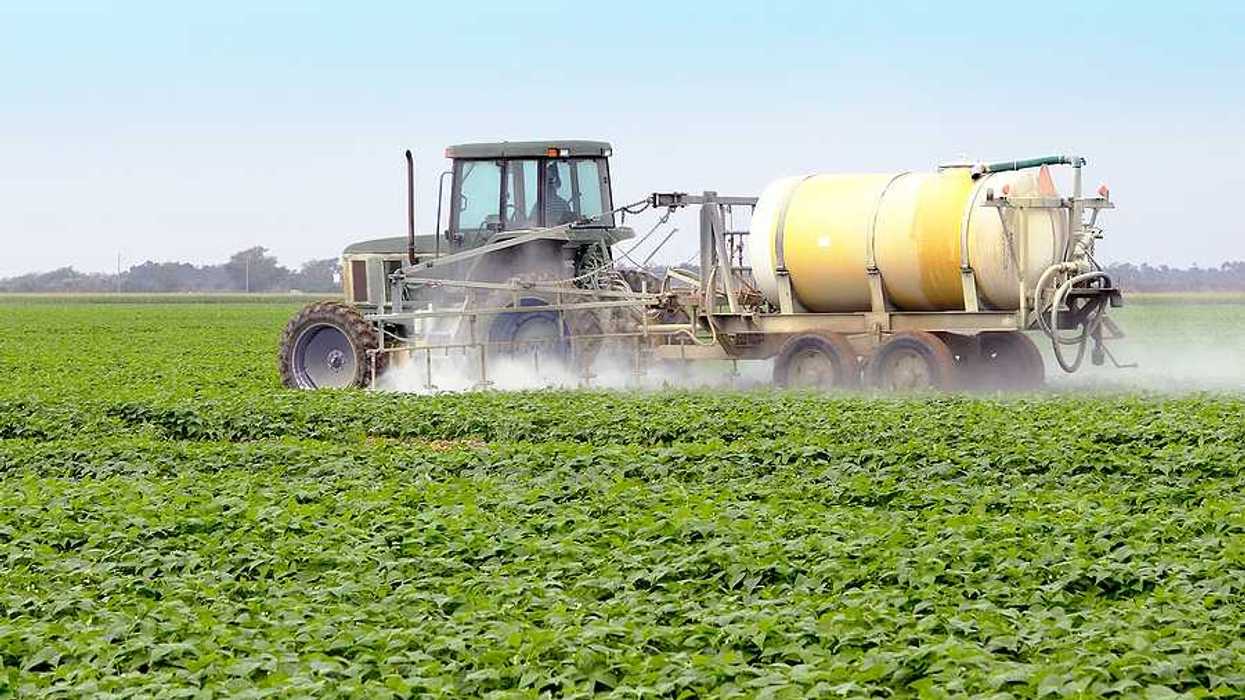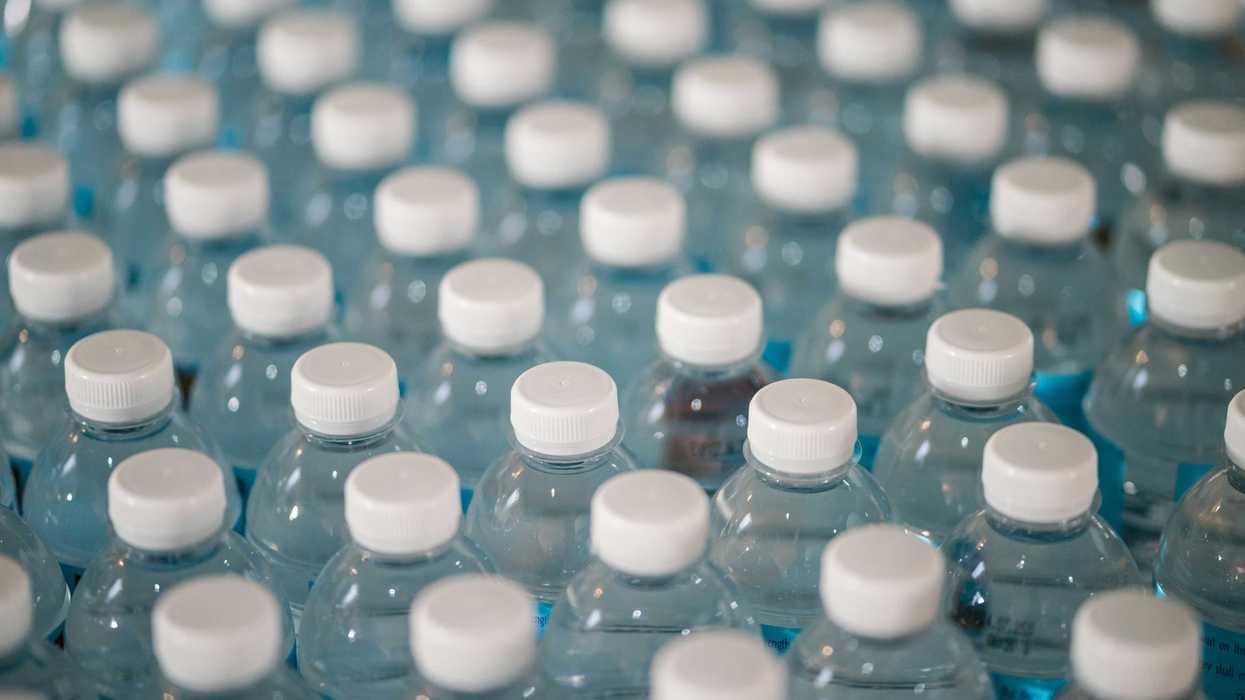German chemical company Bayer A.G. announced Thursday that it would replace the herbicide glyphosate from all lawn and garden products sold in the United States by 2023.
The move is part of a five-point plan to address future glyphosate litigation risk. As part of the plan, the company also said it would set aside $4.5 billion to cover the company's potential long-term exposure to lawsuits.
"It is important for the company, our owners, and our customers that we move on and put the uncertainty and ambiguity related to the glyphosate litigation behind us," Bayer CEO Werner Baumann said during an investor call, according to a company statement.
Roundup lawsuits
Glyphosate is the active ingredient in Roundup, one of the most popular herbicides sold in the United States. Globally the market for glyphosate was valued at $6 billion in 2019 and is expected to grow, despite concerns about the chemical's threat to human health, to $14 billion by 2026, according to market research firm Data Intelo.
Bayer, which makes and sells Roundup, has been "losing trials left and right," according to the federal judge overseeing the litigation, in claims brought by people suffering from non-Hodgkin lymphoma who say exposure to Monsanto's Roundup and other glyphosate-based herbicides were the cause.
In May that judge, Vince Chhabria of the Northern District of California, denied Bayer's effort to limit legal liability from future cancer claims associated with its glyphosate-based herbicides, citing numerous "glaring flaws."
Bayer said the move away from glyphosate is "exclusively to manage litigation risk and not because of any safety concerns." Glyphosate will be replaced with "new formulations that rely on alternative active ingredients," the company wrote.
The vast majority of claims come from domestic lawn and garden product users, the company said. It plans no change to glyphosate formulations in its U.S. professional and agricultural market products.

